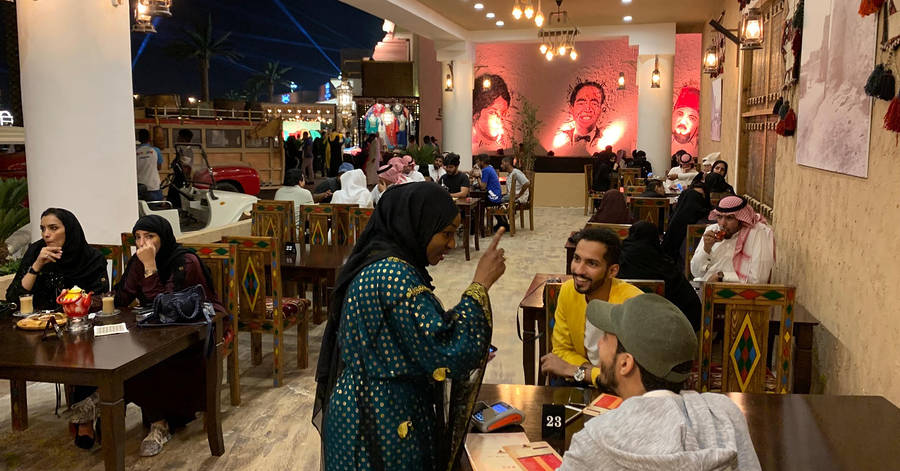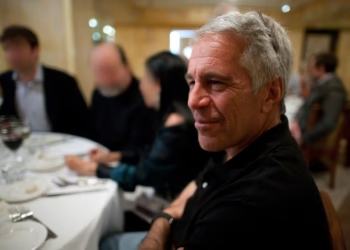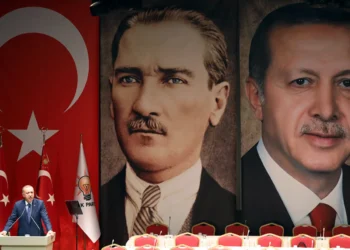RIYADH (Realist English). In a dimly lit lounge in the Saudi capital, an Egyptian singer in a black gown recently entertained an audience with a mix of Saudi and Egyptian pop songs, as patrons smoked shisha and clapped along. Such venues, once unthinkable in the kingdom, became a hallmark of Crown Prince Mohammed bin Salman’s social reforms — until authorities moved to close them down.
Over the past weeks, at least two dozen lounges in Riyadh and Jeddah have been shuttered, officially for “serious violations” of public health and hygiene codes. Critics, however, see the crackdown as a response to conservative unease. Many Saudis still view lounges as morally suspect spaces where men and women mingle freely, sometimes discreetly consuming alcohol or drugs. Viral videos of conservative figures denouncing the establishments have fueled public debate.
The closures highlight the contrast between Saudi Arabia today and a decade ago, when the religious police tightly enforced gender segregation and banned cinemas. Since 2016, the crown prince has stripped the religious police of powers, eased restrictions on women, and promoted entertainment as part of his Vision 2030 economic plan. Riyadh Boulevard and other mega-projects have symbolized this shift, while smaller lounges offered lower-cost alternatives to concerts and sporting events.
Lounges typically charge men SR80 ($21) for entry, including shisha and a drink, while women and couples enter for free. Some cater to families; others style themselves as nightclubs. Their popularity with working-class Saudis and expatriates underscores demand for accessible leisure. “People just want to hang out in a club somewhere and smoke,” said Andrew Leber of the Carnegie Middle East Program.
Yet their spread has unnerved conservatives. “Look at these women going into the lounge, just across from men’s houses in a residential neighborhood,” one singer complained in a viral Snapchat post from Riyadh. Authorities this year also set up a special interior ministry unit to police “immoral acts,” raising concerns about the partial return of religious-style enforcement.
To supporters, lounges contribute to “quality of life” and reflect the aspirations of a younger generation. To detractors, they symbolize the erosion of social norms. The closures suggest that Saudi leaders are seeking a middle ground — pushing ahead with liberalisation to attract investment and tourism, while reining in aspects of change that provoke resistance at home.


















